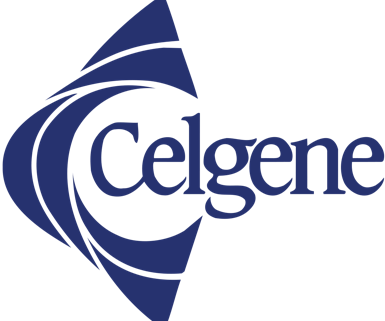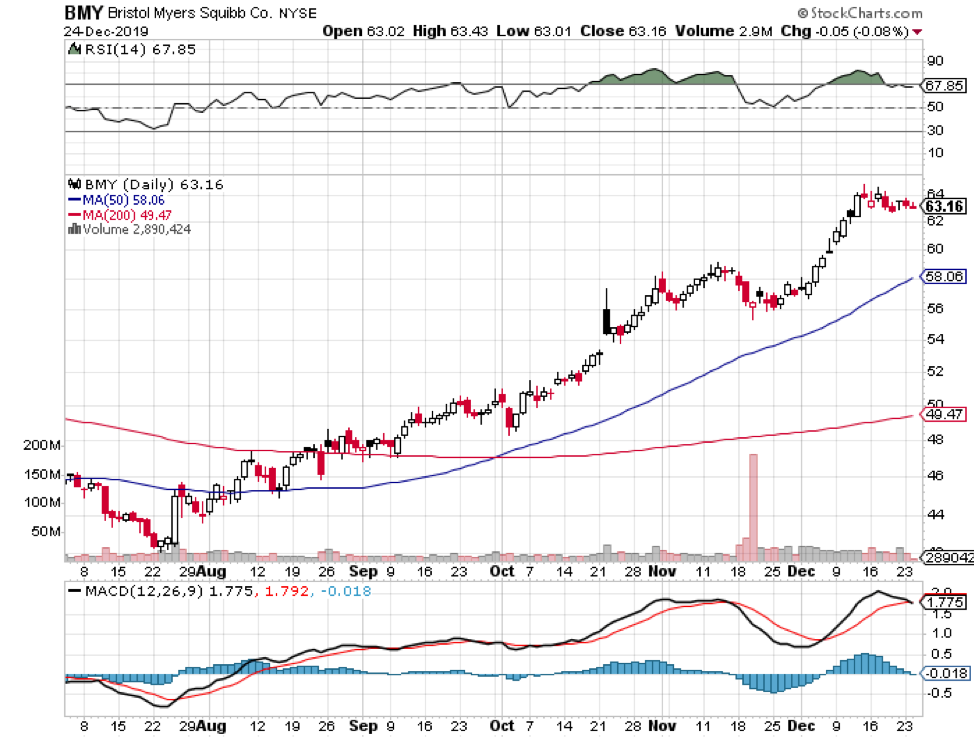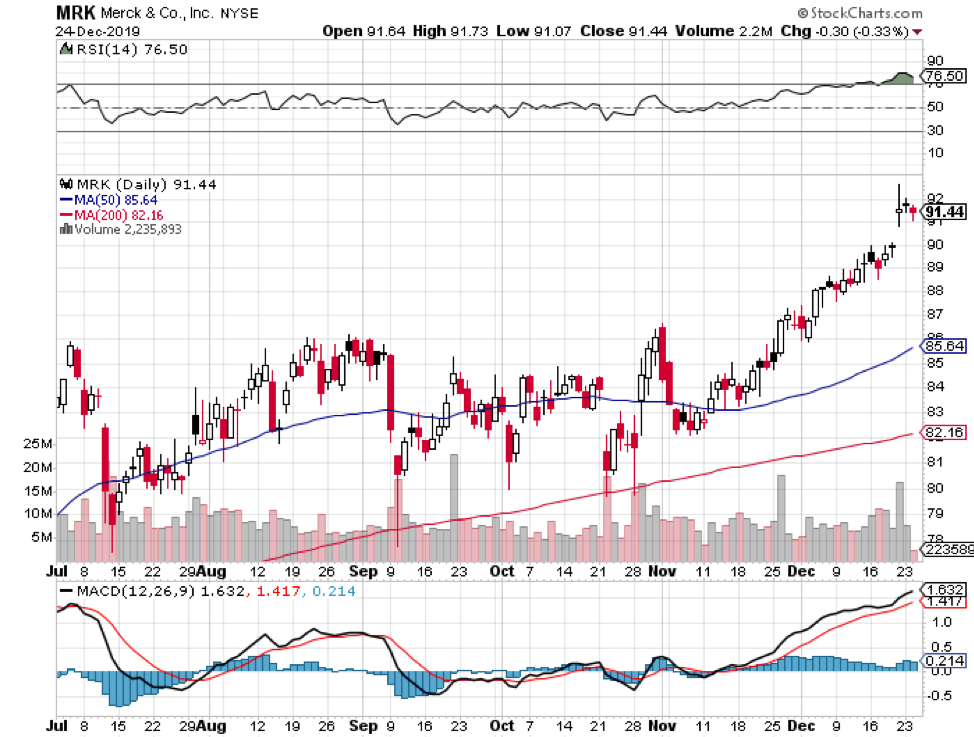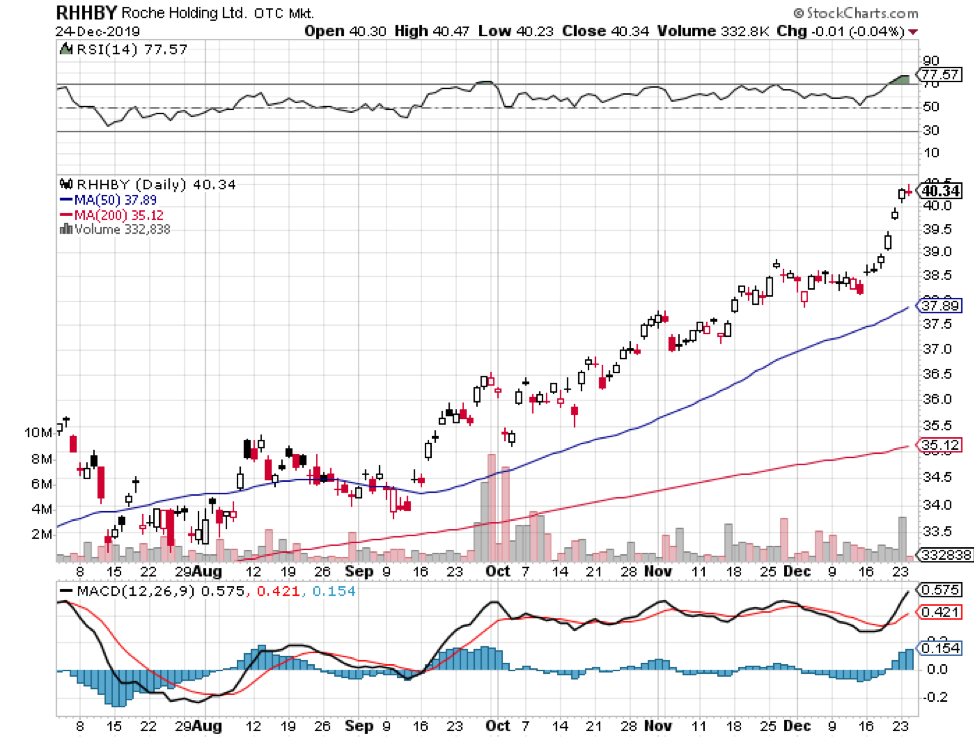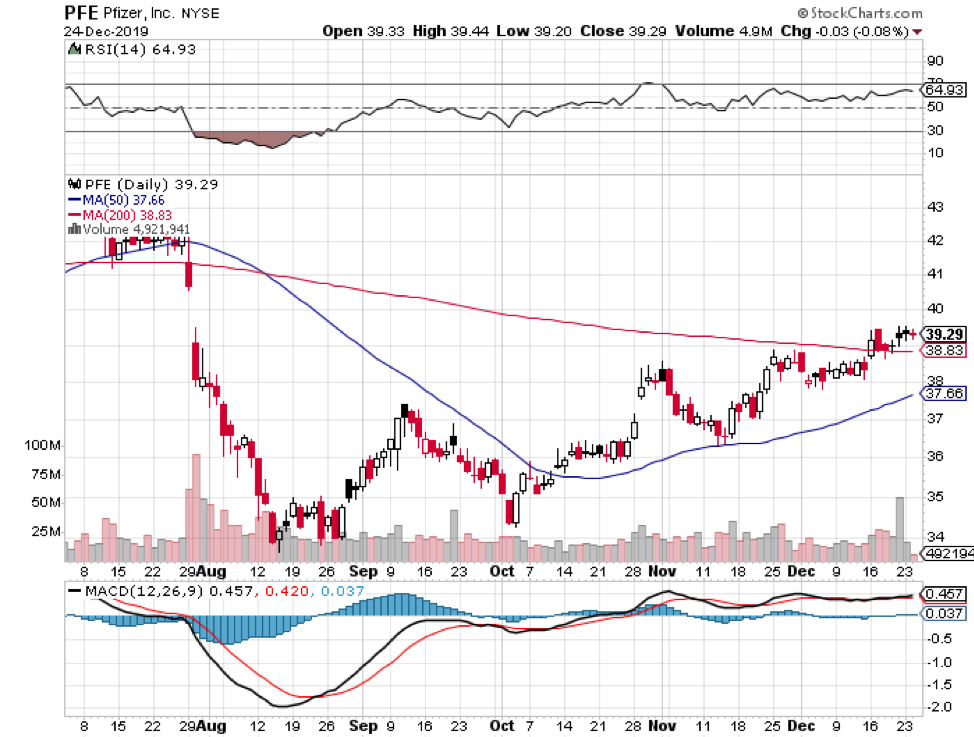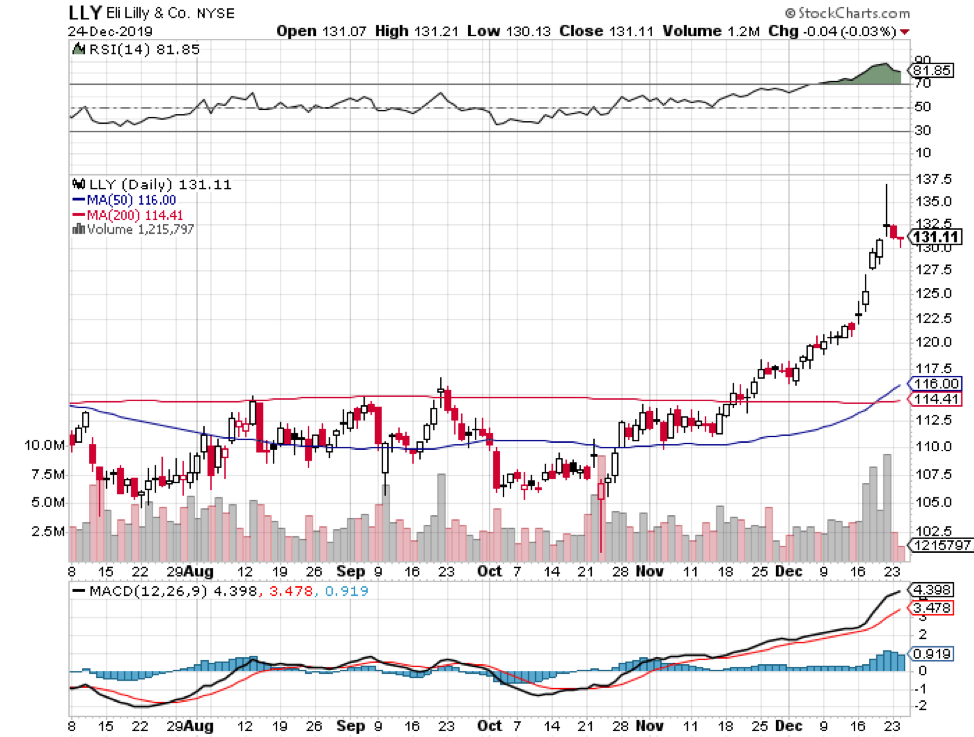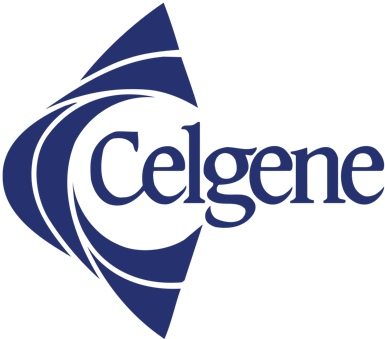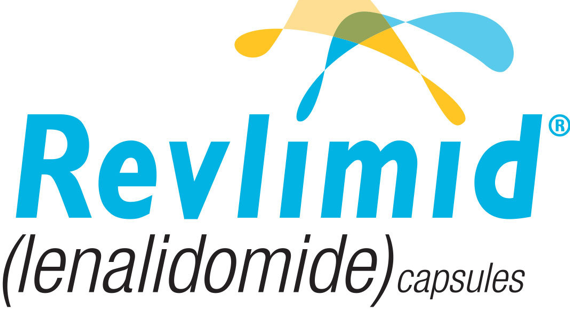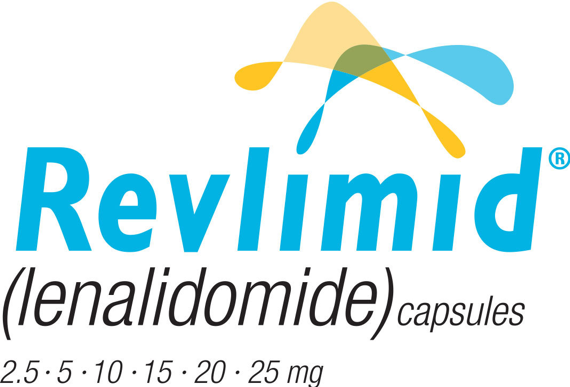Forecasting drug revenue can be a tricky business -- just ask the biotech leaders who overpromised but underdelivered.
These days, more and more variables are coming into play, with the US elections looming over us and the threat of generic meds overtaking market leaders becoming more tangible by the minute.
Another threat is the entry of biosimilars in the US, knocking down big-name drugs even in the most lucrative markets. Payers are also constantly seeking discounts, forcing tougher competition among crowded markets like diabetes and hepatitis.
However, the oncology sector remains a booming sector for the biotech industry.
Practically all major companies are either developing oncology treatments or already marketing these as blockbuster treatments, with 63 cancer drugs launched in just the past five years.
Unfortunately, not all cancer drugs are created equal. Looking at the spending on the treatments in recent years, it can clearly be seen that almost 80% of the money has been hogged by the industry leaders with the rest of the group lagging far behind.
To put things in perspective, bear in mind that the annual sales of the top 20 cancer drugs have reached over $50 billion, with $31 billion distributed among industry leaders Merck and Co (MRK), Celgene (CELG), and Roche Holdings (RHHBY).
These numbers hardly come as a surprise especially in light of over $133 billion recorded in spending for cancer treatments.
The top-selling oncology drug to date is multiple myeloma treatment Revlimid. Technically a Celgene product, the company’s $74 billion acquisition by Bristol-Myers Squibb (BMY) means the drug will be joining the other powerhouse offerings in the newly formed company’s lineup in the years to come.
With over a decade of dominance in the market and an impressive $9.7 billion in global sales annually, Revlimid has yet to hit its peak.
In fact, this mega-blockbuster is projected to exceed $15 billion in sales next year.
As if that wasn’t impressive enough, this oncology leader is estimated to bring more than double that amount come 2022.
Another dominant player in the oncology market is lung cancer drug Keytruda. Since its launch, this Merck immunotherapy leader has been able to usher in a boatload of cancer treatments using its core indications -- and it’s not yet done.
With an FDA approval eyed on June 29, 2020 for yet another indication for Keytruda, specifically for treating cutaneous squamous cell carcinoma (cSCC), its goal to dethrone Revlimid as the leader in this space now looks achievable.
Right now, Keytruda is used for various cancer types.
Aside from dominating the large addressable lung cancer market, it’s also used to treat head and neck cancer as well as melanoma. This makes Keytruda’s contributions indispensable to Merck’s overall top-line and continuous growth in sales in the past years.
Hence, it comes as no surprise that Merck’s recent third-quarter earnings had Keytruda is the starring role once again. Sales for this oncology drug jumped 62% year over year, reaching almost $3.1 billion.
One more dominant force in the oncology sector is Roche, with breast cancer drug Herceptin serving as the primary moneymaker of the company in the past 15 years.
With Herceptin raking in roughly $7 billion in annual sales in recent years, Roche has been proactive in securing its position in the oncology space by adding blockbusters ovarian cancer drug Avastin and leukemia medication Rituxan in the list.
For years, these three cancer drugs have formed the foundation of Roche’s continuous growth in the oncology sector. However, these treatments are now in danger of facing competition.
A particularly aggressive competitor is Pfizer (PFE), with its breast cancer drug Ibrance gaining traction as shown by its growing sales from $0.7 billion in 2015 to a promising $4.1 billion in 2018. Other competitors include Eli Lilly’s (LLY) Verzinio and Novartis’ (NOVN) Piqray.
To maintain its stronghold, Roche has been aggressive as well in developing new drugs.
Word has it that the company is expecting an addition $5 billion in sales for its new cancer treatments like breast cancer drugs Perjeta and Kadycla along with lung cancer medications Tecentriq and Alecensa.

